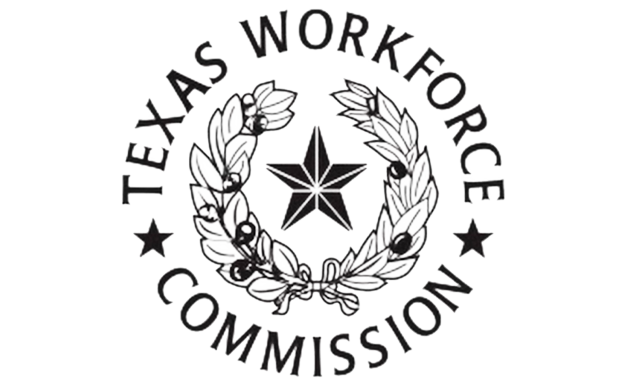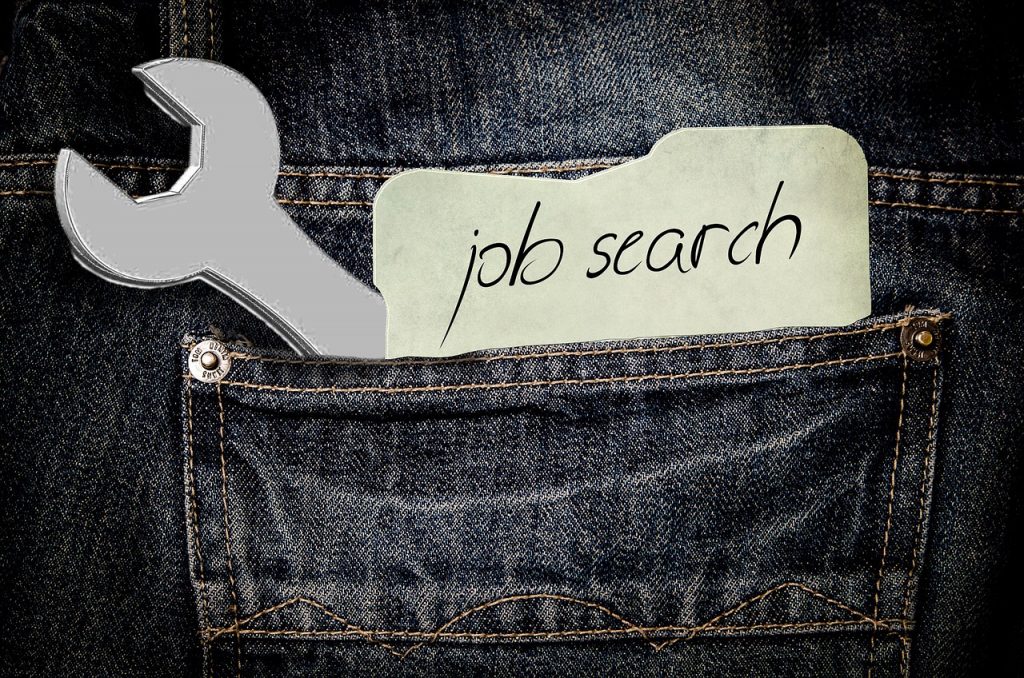
We Help With TWC Hearings
Unemployment Hearing Attorneys
Proven Representation For Your Unemployment Hearing
You may file a claim for unemployment benefits through the Texas Workforce Commission (TWC) if you were laid off, or if you quit because of health concerns or with another good cause. You may even be eligible if you were fired for poor performance of your duties. However, be aware that employers will often fight back to avoid the cost of these claims. Protect your rights by enlisting us and we will make sure our unemployment hearing lawyers provide the help you need.

Unemployment Hearing
The Texas Workforce Commission will make an initial determination about whether you qualify for unemployment benefits.

Denial of Unemployment
If you disagree with the initial decision regarding your unemployment benefits, you have the right to file an appeal with the Texas Workforce Commission.

Wrongful Termination
There are specific requirements for claims against employers for wrongful termination in Texas.
How Our Texas Unemployment Lawyers Can Help
Unemployment Hearings
Many employees have a right to receive unemployment benefits if they have been separated from their employment for any reason other than misconduct. You can apply for unemployment benefits by contacting the Texas Workforce Commission and filing a claim.

“The TWC process was daunting as they never responded to me, but the attorney chagned that”
J. Martin

“Excellent service when needed the most”
D. Lopez
Unemployment Appeals
The Texas Workforce Commission will make an initial determination about whether you qualify for unemployment benefits. If you disagree with the initial decision regarding your unemployment benefits, you have the right to file an appeal with the Texas Workforce Commission. There are very short deadlines for appealing unemployment decisions in Texas. We represent individuals and businesses in unemployment hearings in Texas.
Wongful Termination
Employment contracts in Texas are common among executives, high-level sales employees, physicians, and numerous other categories of employees. Compensation and causes for termination are two of the most commonly disputed topics in employment contracts. Employment contract provisions are not always as enforceable as they may appear. It is important to understand Texas employment law when drafting or interpreting employment contracts. Thus, you should have a knowledgeable Texas employment lawyer on your side when negotiating an employment contract.

“It helped to have someone who knows the system on m y side”
S. Sampson
Texas Unemployment Articles
Navigating the Texas Unemployment System
The Texas Unemployment system and rules can be confusing.
As an example of the complexity, consider the case where the Texas Workforce Commission (“TWC”) determined that it had paid too much to a claimant. This is referred to as an “overpayment.” The TWC expects the claimant to repay this amount. Imagine further that the claimant died before paying it back. The state would then have a claim against the Decedent’s estate and the probate attorney helping with the estate would need to deal with the claim.
This is just one example of the myriad of facts and circumstances that make an otherwise straightforward set of rules complex. Having done this work for several years, I still encounter fact patterns like this that make it very difficult to answer even the easiest questions about Texas unemployment benefits. The answer is often “it depends.”
With that said, this article provides an overview of the Texas Unemployment Benefits and program and what you need to know to navigate the system generally.
About Texas Unemployment Benefits
Unemployment benefits in Texas are for workers who have been laid off from their jobs or who have lost hours or wages for reasons that aren’t due to employee misconduct. Texas unemployment benefits are funded through employer taxes. They are meant to provide a temporary and partial income replacement.
Texas’ unemployment system provides assistance for up to 26 weeks a year. To be eligible for unemployment benefits, you must:
- Have made enough money during what’s called a base period.
Your base period is a window of time before you lose employment or hours. - Be either unemployed or working reduced hours through no fault of your own.
This includes layoffs, reductions in hours or wages not related to misconduct, being fired for reasons other than misconduct or quitting with good cause related to work, such as unsafe working conditions. - Meet other ongoing eligibility requirements.
This includes being able to perform full-time work, participating in work search activities and having legal residence in the United States.
The most common confusion and questions about Texas Unemployment Benefits relate to the base period, quitting a job with good cause, and staying compliant with current requirements. We’ll address each in turn.
- Top 5 Considerations for Texas Unemployment Benefits
 If you have lost your job and are thinking about filing for unemployment benefits in Texas, there are a number of factors to consider before filing. This includes your estimation of whether you are likely going to… Continue reading Top 5 Considerations for Texas Unemployment Benefits
If you have lost your job and are thinking about filing for unemployment benefits in Texas, there are a number of factors to consider before filing. This includes your estimation of whether you are likely going to… Continue reading Top 5 Considerations for Texas Unemployment Benefits - What To Do If Someone Files for Texas Unemployment Under Your Name
 The State of Texas will often pay unemployment benefits without performing basic due diligence. This is partly due to the volume and partly due to its outdated computer system and processes. If you have ever worked with… Continue reading What To Do If Someone Files for Texas Unemployment Under Your Name
The State of Texas will often pay unemployment benefits without performing basic due diligence. This is partly due to the volume and partly due to its outdated computer system and processes. If you have ever worked with… Continue reading What To Do If Someone Files for Texas Unemployment Under Your Name - Are Texas Unemployment Benefits Taxable?
 The concept of unemployment benefits is that those who are working pay into a fund that is available for those who are unemployed. It is a safety net. It is intended to provide a minimum living standard… Continue reading Are Texas Unemployment Benefits Taxable?
The concept of unemployment benefits is that those who are working pay into a fund that is available for those who are unemployed. It is a safety net. It is intended to provide a minimum living standard… Continue reading Are Texas Unemployment Benefits Taxable?